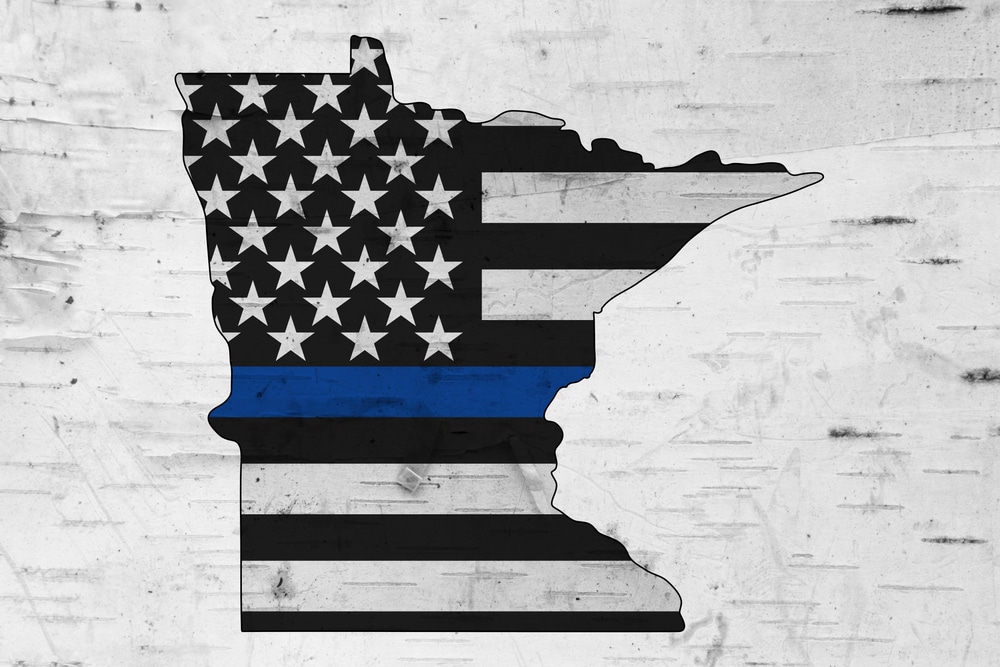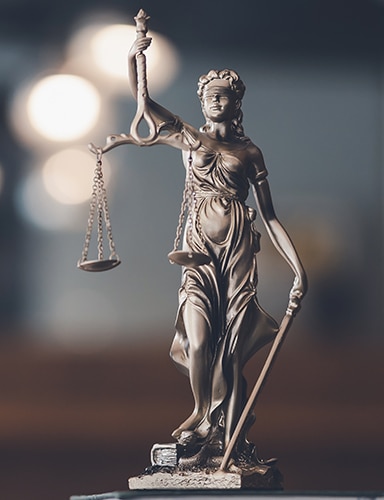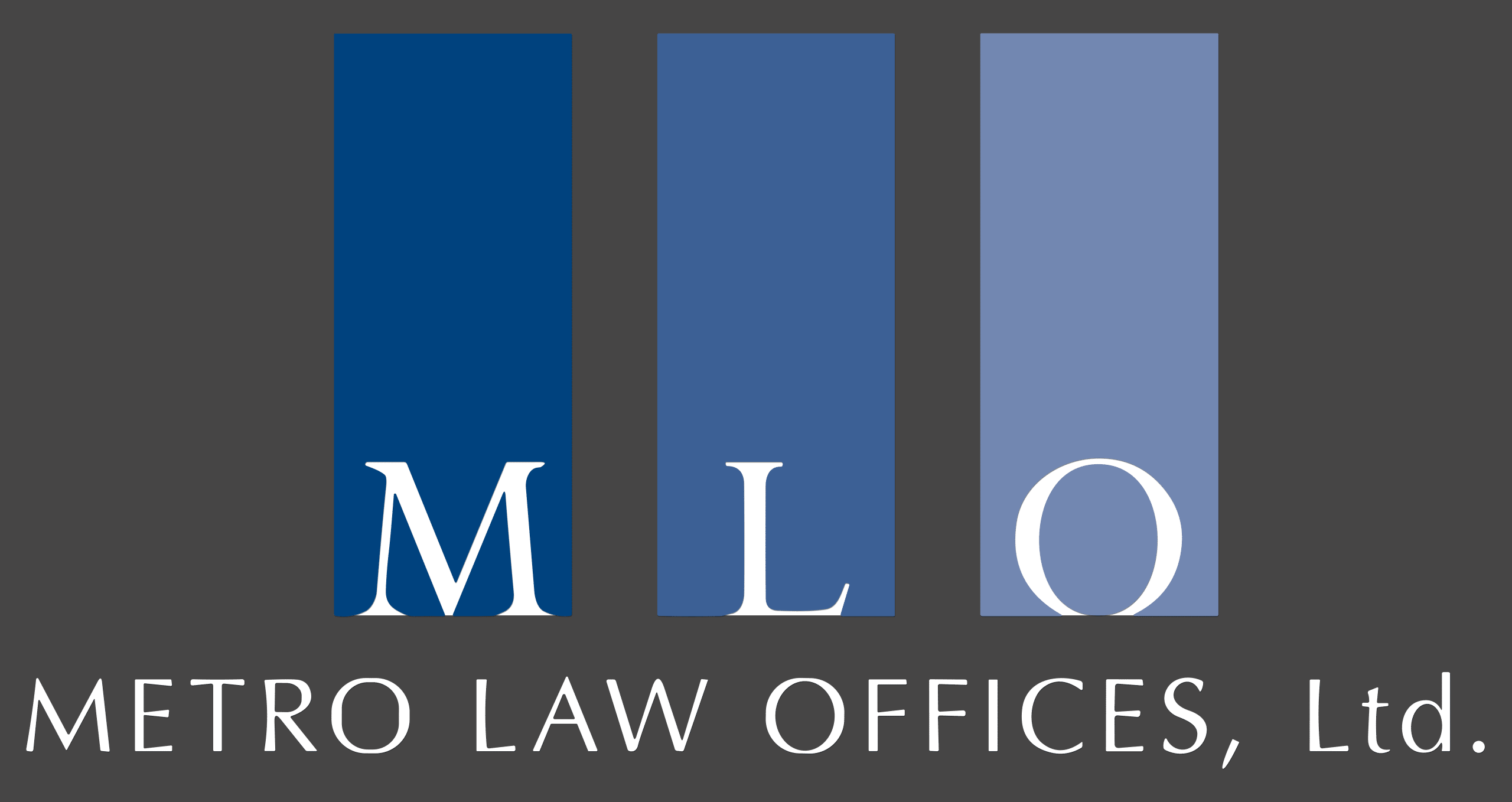Secure Justice in MN: Proving Negligence After a Death
Learn how to prove negligence in a Minnesota wrongful death case, who can bring the claim through a court-appointed trustee, what evidence matters, ho
Metro Law Offices Ltd. specializes in Personal Injury Law, serving clients throughout Minnesota with dedication to justice and client-focused representation.
Our experienced team understands the complexities of various personal injury claims and strives to secure fair results tailored to your needs.
Defamation law protects you from false statements that harm your reputation, whether written (libel) or spoken (slander). Understanding defamation of character and your legal rights is vital when facing such challenges.
Our defamation lawyers guide you through the process of filing a defamation lawsuit, addressing public figure defamation and navigating free speech issues to seek appropriate defamation damages.
Expert legal counsel is crucial to effectively prove defamation, manage evidence, and safeguard your rights against slander or online defamation challenges.
Our team is committed to protecting your reputation and pursuing rightful defamation damages while balancing free speech protections under the law.
To succeed in a defamation lawsuit, it’s essential to establish falsehoods, harm to reputation, and the absence of protected free speech under law.
Promptly seeking legal help is important, especially with slander or public figure defamation where timelines and damages claims require careful handling.

Personal Injury Law Firm
Keep detailed records of all defamatory remarks, including dates, times, and contexts to support your claim effectively.
Recognize the balance between free speech rights and defamation to assess the merits of your case accurately.
Prompt consultation with a defamation lawyer helps preserve evidence and strategize your legal approach.
Discuss your situation with a lawyer to determine if your case qualifies as defamation under Minnesota law.
Gather evidence and assess the impact of defamatory statements on your reputation and damages.
Initiate legal proceedings by formally filing a defamation lawsuit in the appropriate court.
Your lawyer will represent your interests through settlement talks or trial to pursue the best possible outcome.









Our approach prioritizes your individual circumstances, taking care to address libel, slander, or online defamation with precision.
We maintain open communication keeping you informed at every stage of your defamation lawsuit.
Our firm is dedicated to client satisfaction, delivering professional service throughout your legal journey.
Contact us today to discuss your case and learn how we can assist in defending your reputation.
Defamation under Minnesota law involves false statements communicated to others that harm an individual’s reputation. This includes both libel (written) and slander (spoken) forms. To prove defamation, you must show the statement was false, damaging, and made without privilege or consent. Courts balance these claims against constitutional free speech protections.
Libel involves defamatory statements made in a fixed medium, typically written or published, while slander refers to oral defamatory remarks. Both require proof that the statements caused reputational harm and are false. Legal procedures and evidence requirements may vary slightly, but both are actionable forms of defamation that can lead to damages claims.
Defamation damages may include compensation for actual financial losses, emotional distress, and harm to reputation. In some cases, punitive damages may be awarded to punish malicious defamation. The extent of damages depends on the specifics of the case including the nature of statements and resulting harm.
Free speech protections under the First Amendment limit defamation claims, especially involving matters of public concern or public figures. Truthful statements and certain privileged communications are exempt from defamation liability. Courts often evaluate if the statement involves opinion versus fact and its context within free speech rights.
You should consult a defamation lawyer as soon as you become aware of defamatory statements affecting you. Early legal advice ensures proper evidence collection and timely action within statute of limitations. A lawyer can guide your options regarding settlement or litigation to protect your reputation efficiently.
Public figures can sue for defamation but face higher burdens, needing to prove actual malice—that the statement was made knowing it was false or with reckless disregard for truth. This standard protects open debate while allowing redress for knowingly false harm to public figures.
Evidence in defamation cases typically includes the defamatory statements themselves, proof of publication or communication to third parties, and documentation of resulting harm. Testimony, witness accounts, and corroborating records strengthen the claim of defamation of character.
Online defamation is treated similarly to traditional cases but may involve additional challenges like anonymous posters or jurisdiction issues. Courts consider online content as published material, and victims can pursue claims against individuals or platforms under applicable laws.
Filing a defamation lawsuit begins with a consultation, followed by investigation and evidence collection. Next, a formal complaint is filed, triggering the legal process including possible discovery, settlement discussions, or trial. Representation by a knowledgeable attorney is crucial for navigating this process effectively.
Minnesota has a statute of limitations typically allowing one year from the date of the defamatory statement to file a claim. Timely action is important as missing the deadline usually bars legal recourse. Early consultation with a lawyer helps ensure your claim is filed within the required timeframe.
Learn how to prove negligence in a Minnesota wrongful death case, who can bring the claim through a court-appointed trustee, what evidence matters, ho
A practical guide for Minnesota families after a fatal crash in Minneapolis–St. Paul, covering wrongful death basics, who can bring a claim, key steps
An overview of who can bring a wrongful death claim in Minnesota, how deadlines work, what compensation may be available, and how payouts are distribu
If you were given the wrong medication in Minnesota, seek medical care immediately, preserve evidence, report the error, and consult a Minnesota malpr
Harmed by hospital care in Minnesota? Learn what qualifies as hospital negligence, who may be liable, key deadlines, affidavit requirements, evidence
If your child suffered a birth injury in Minnesota, learn how malpractice claims work, key deadlines, expert affidavit requirements, potential damages
If you suffered harm from a surgical error in Minnesota, you may have a medical malpractice claim. This guide explains common types of surgical errors
If you or a loved one was misdiagnosed in Minnesota, you may have a medical malpractice claim. Learn what counts as malpractice, key deadlines, expert
Expert criminal defense and personal injury representation
"*" indicates required fields